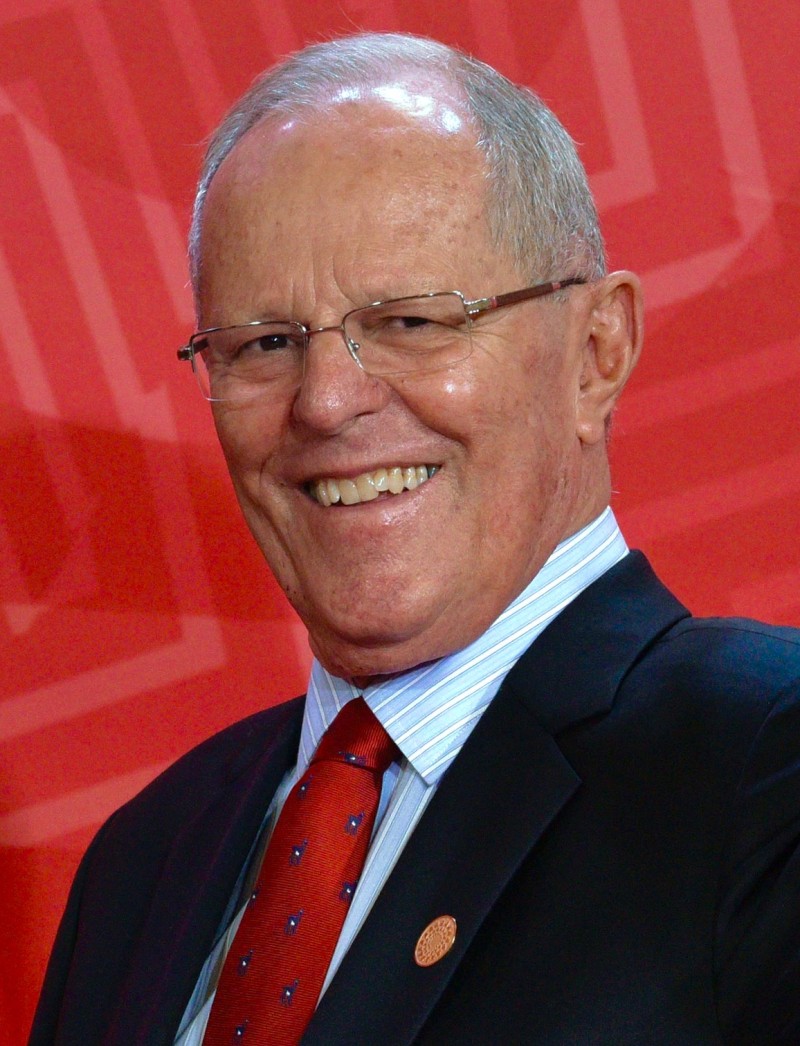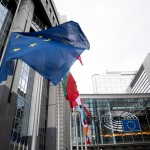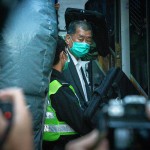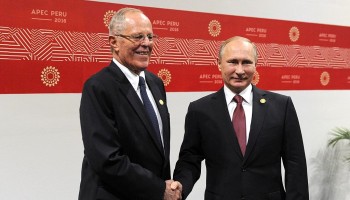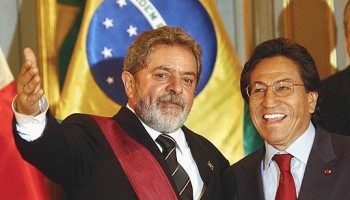The proposed revisions would encourage companies and individuals to come forward and assist prosecutors without fear of crippling financial penalties. The law is meant to yield thoroughness in the ongoing graft probe into Brazilian construction company Odebrecht’s dealings, without crippling the local construction sector, much of which is implicated in the investigation.
The revisions would allow the state to seize control of a non-minority portion of assets of companies convicted of corruption. The companies and their partners would be unable to transfer capital or dividends internationally. If a company is under investigation, but not convicted, it could choose to form a state-managed escrow account to prevent disruption of operations. Brokering a plea deal with the attorney general’s office would exclude a company from the restrictions.
The bill is meant to ensure that companies who have committed crimes pay civil reparations. Justice Minister Enrique Mendoza and Finance Minister Claudia Cooper have requested the bill to be passed despite a legislative recess in order to apply the new revisions before the law expires on Feb. 13th. However, it is unclear if the opposition, who is planning to introduce a motion to impeach President Pedro Pablo Kuczynski, would agree to vote during a recess.
The Odebrecht scandal has been ongoing for a year, and has implicated the company and its partners across Latin America. Multiple graft inquiries have been launched following Odebrecht’s admission to US authorities that they have been paying bribes to politicians for years to secure advantageous contracts. In Peru alone, the company is being investigated for bribery dating back to 2005 involving millions of dollars, and three presidents, including Kuczynski.
Critics of the original law warned of a complete lockdown of Peru’s construction industry, which saw a loss of 150,000 jobs in 2017 following the scandal.
